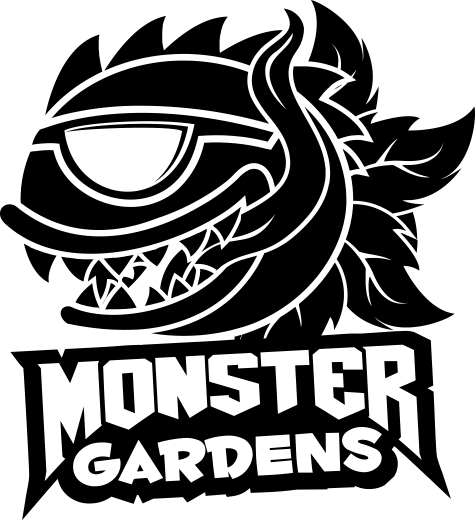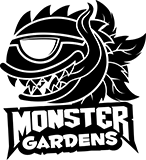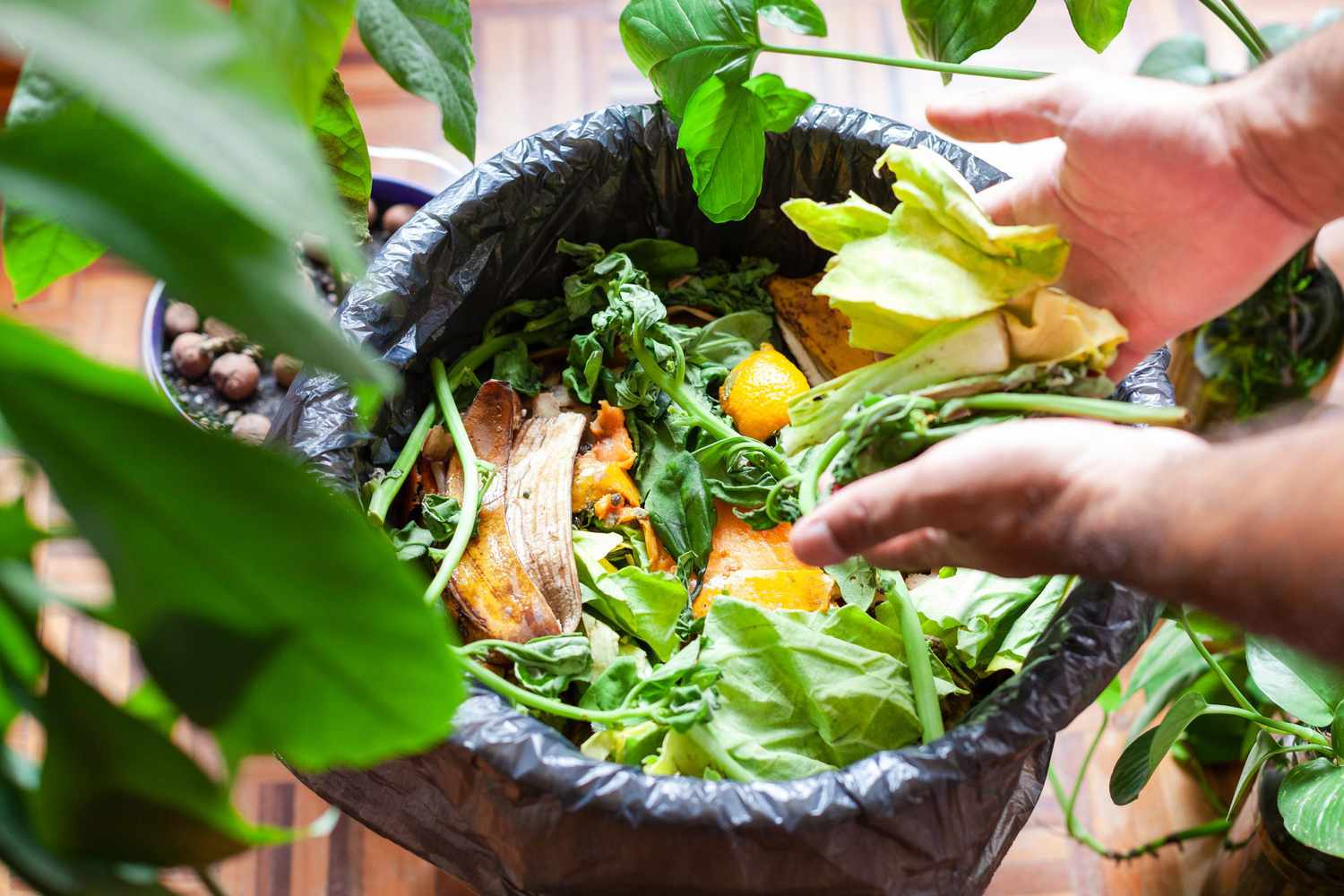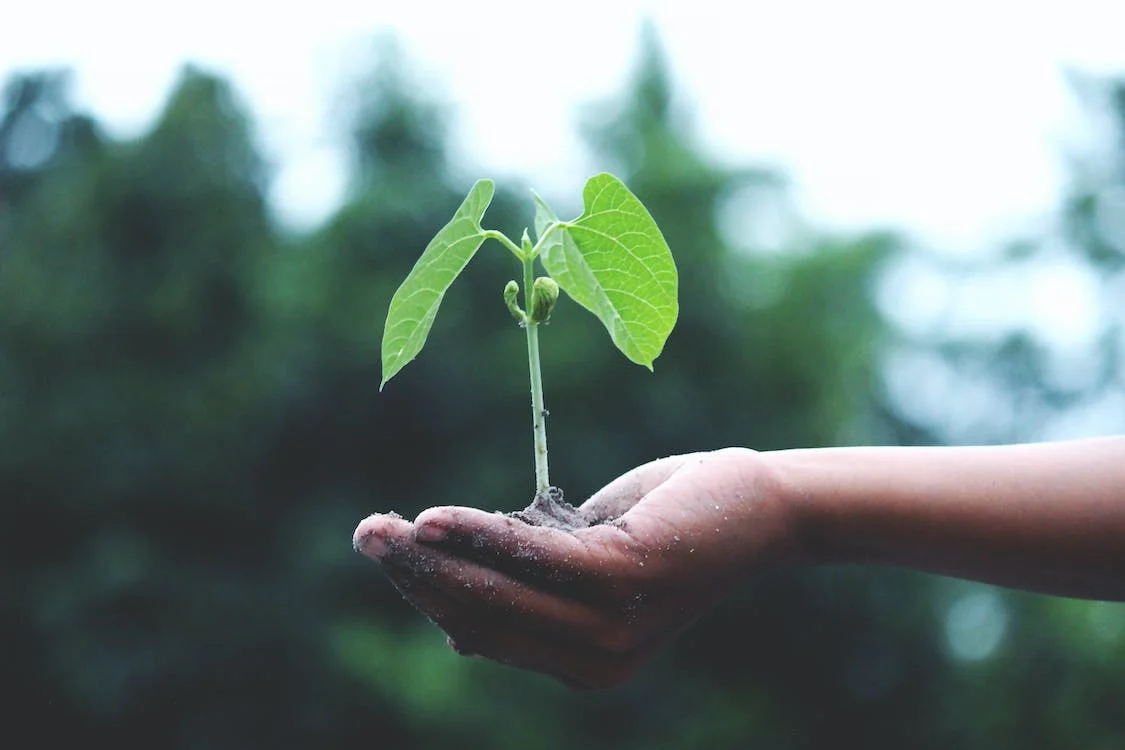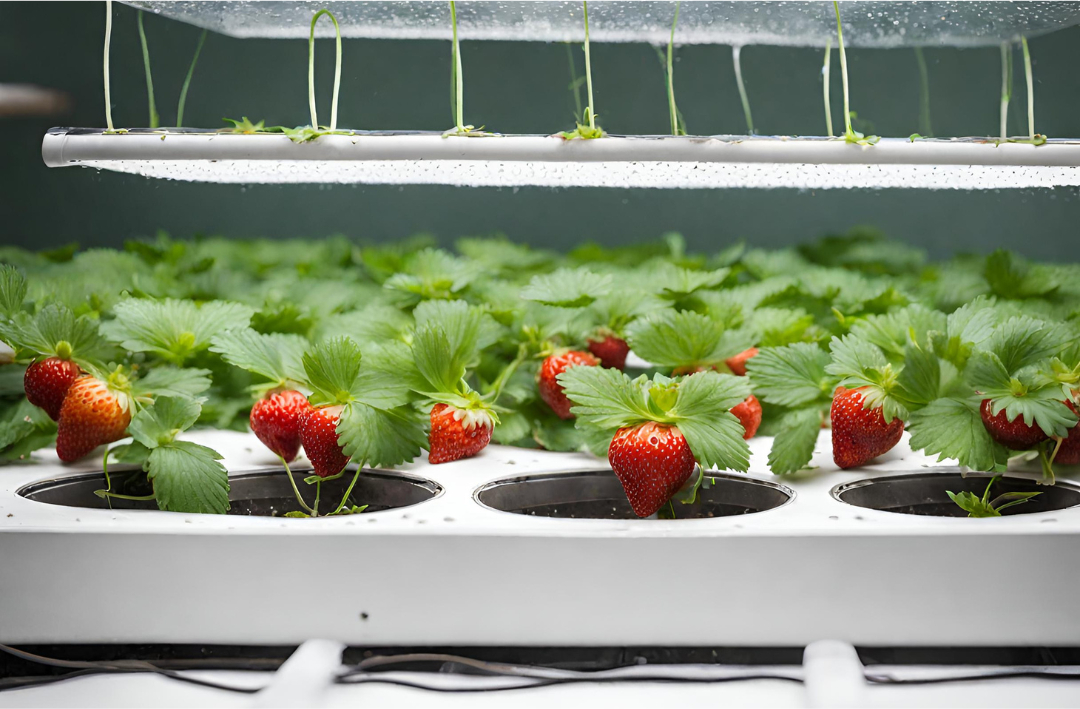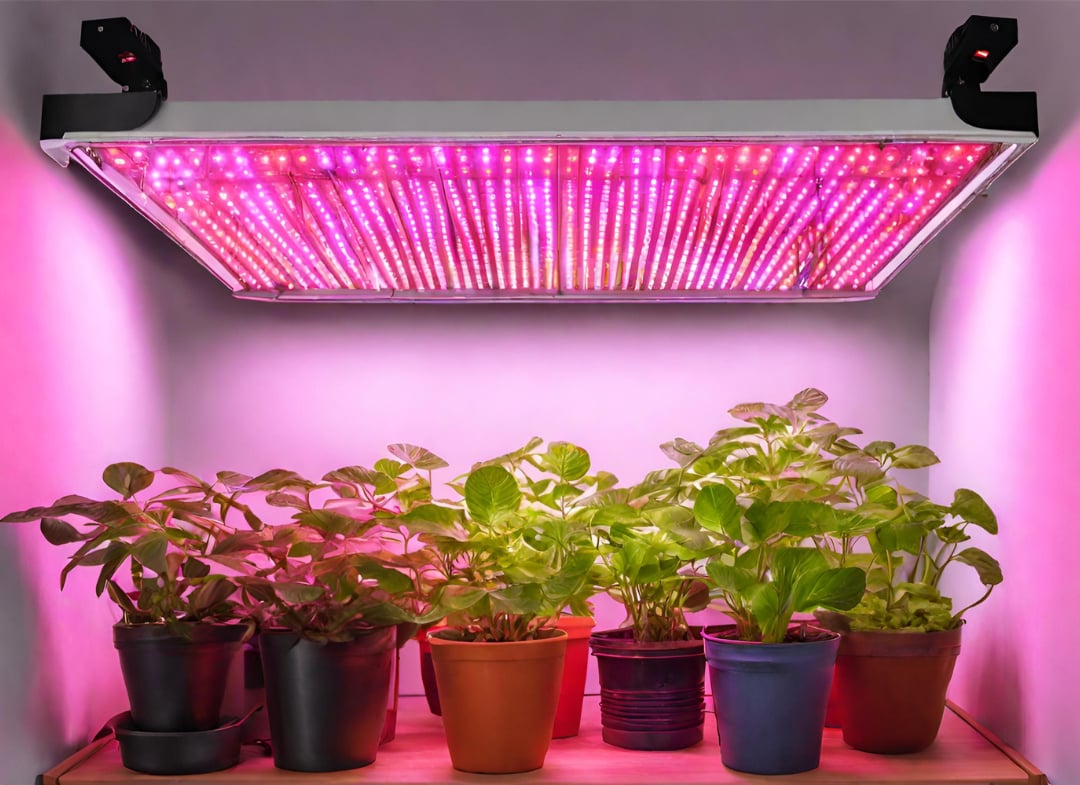
Does Hydroponic Gardening Produce Higher Yields?
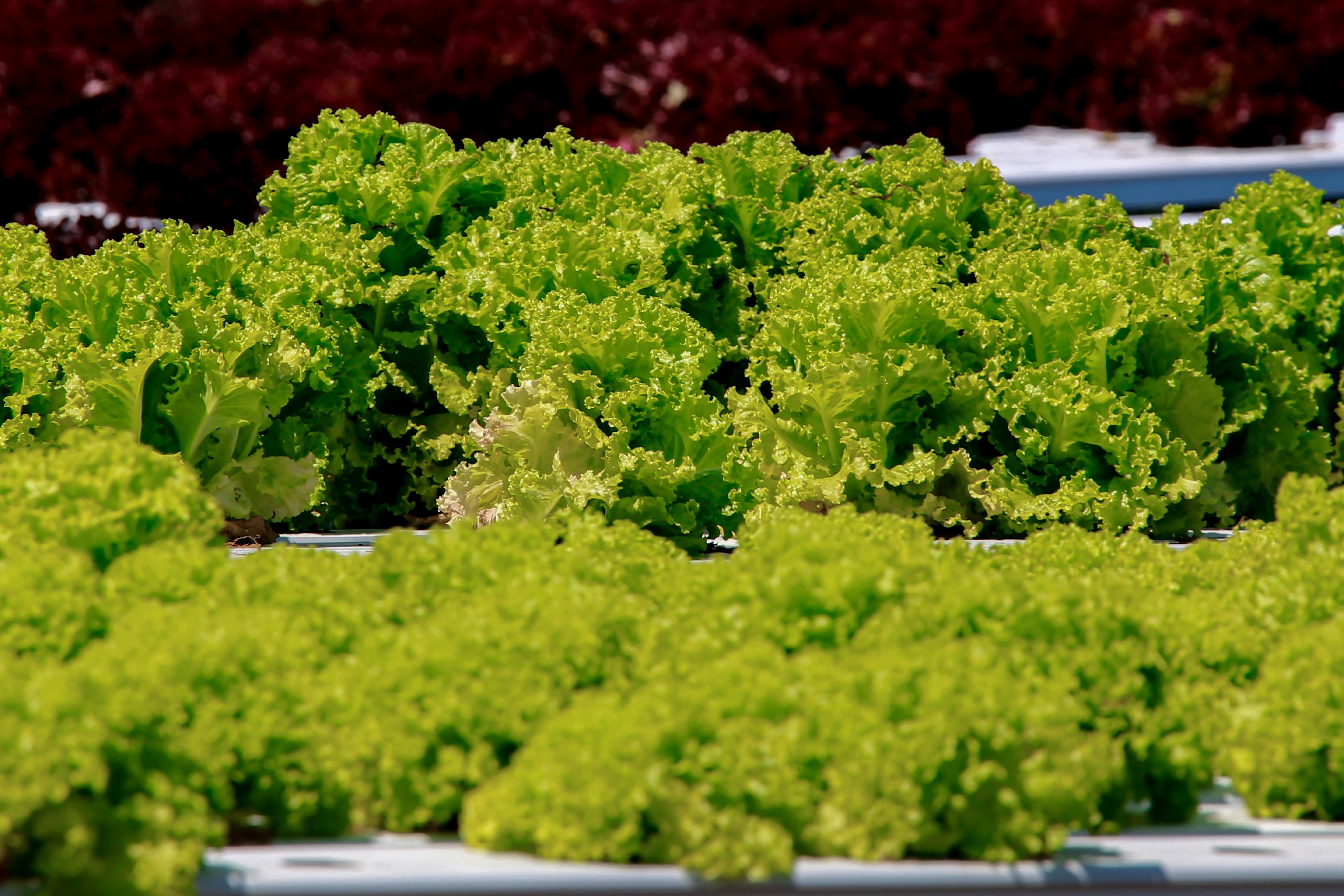
Whether you’re a commercial farmer or just trying to save money on your personal grocery bill, there are many reasons why you’d want to choose hydroponics instead of conventional gardening or farming methods. With hydroponics, you can be a lot more productive with your space and time. This article will cover why hydroponically grown plants have a higher yield than soil-based plants, the profitability of hydroponic farming, and discuss the best hydroponic system to produce higher yields for all types of growers.
Year-Round Production
Due to the controlled environment of a hydroponic greenhouse, hydroponic plants can be grown year-round. A grower is not at the whims of seasonal change they would normally experience in the outdoor environments of conventional agriculture. As a result, crop cycles are much shorter, and output per year is much greater. When it comes to why hydroponic yield is greater than soil yield, there are other factors at play for plants as well:
Nutritional Savings: In hydroponic growing, plants are fed a liquid solution of nutrients that is uniform in amount. With soil-grown plants, where nutrition is simply casted into a field, some plants receive more or less based on random chance. In addition, it’s also very easy to provide hydroponic plants with nutrients they’d find naturally if they were growing soil. For instance, worm castings can be added to a nutrient solution, and are a great way to increase yield and health for plants.
Leaching: Hydroponically grown plants are able to receive more nutrients, since the solution is always circulated back to the plant. In land-based agriculture, nutrients leak through the soil and are lost.
Energy for Roots vs. Leaves: In soil-based farming, plants devote a lot of their energy toward their roots, where they need to anchor to the ground and search for nutrients. In hydroponic farming, a solution is fed directly to the plant by the grower. The plants still have roots, but they are able to direct more energy toward growing strong and healthy stems and leaves.
All of these factors contribute to making healthy plants and maximizing production for your garden or farm. And, when done right, the best hydroponic systems are going to be more profitable for the grower as well.
Why is hydroponics more profitable?
In hydroponic growing, you can build a positive feedback loop, as higher yields and healthier plants lead to better savings of time, energy, and resources. Outdoor agriculture requires a significant expenditure of time toward dealing with negative effects of constant weed and pest removal, as well as poor-quality yields from environmental stresses. In addition, growing plants hydroponically also reduces the amount of water you have to use, as the water in your system is fed directly to the plant and recycled instead of being lost through the soil. Hydroponics also require less space, so that you don’t need to invest in bigger and bigger plots of land in order to attain a higher yield.
Best Hydroponic System For Beginners
Deep Water Culture (DWC) is generally regarded as the best hydroponic system for beginners as it is the simplest and cheapest way to get started. In DWC, the plant roots are suspended in a miniature reservoir (usually some kind of large container or bucket) that contains a mixture of water and a nutrient-filled solution, while an air pump is used to provide oxygen to the water. DWC is known for being low maintenance and having fast grow times.
Best Hydroponic System for Intermediate/Advanced Growers
For experienced growers looking to increase production and yield, one option is to stick with a Deep Water Culture System, but use multiple buckets that are all connected to a single reservoir. The water + solution would be distributed from the primary reservoir to all of the buckets.
Another great option would be to upgrade to using a Nutrient Film Technique System. In NFT, plants are placed into shallow channels rather than a larger container. Nutrient solution is fed and recirculated through the channels to the roots of each plant.
Either one of these systems would be a great way to increase your plant yields if you are looking to be more productive with your space. With NFT, it has been shown that crops such as lettuce can be grown in around 30 days, whereas the usual soil time is 60 days. If you are looking to start on a hydroponic journey or upgrade, Monster Gardens has all of the equipment available to find the best hydroponic system for you.
About the Author

